Description
It sounds like you’re bringing up a provocative topic regarding the healthcare and pharmaceutical industries. If I understand correctly, you might be referring to the idea that the system — or certain aspects of it — can be harmful, and that facing the harsh realities about these industries might be a way to protect oneself.
The phrase “Medical-Pharmaceutical Killing Machine” suggests a deep critique of the medical and pharmaceutical industries, likely highlighting issues such as over-medication, pharmaceutical greed, systemic biases, and potentially harmful practices. Many people feel that the profit-driven nature of the industry can sometimes compromise patient care and well-being.
While the medical and pharmaceutical industries have undoubtedly made incredible contributions to public health, there are also valid concerns about their practices. These might include:
1. **Over-prescription of medications**: There’s evidence of patients being prescribed medications, especially painkillers and psychiatric drugs, that may not be in their best interest or that lead to long-term dependency. The opioid crisis, for instance, has drawn attention to how profit motives can lead to dangerous over-prescribing.
2. **Big Pharma and profit-driven motives**: Critics often point out that pharmaceutical companies prioritize profits over people, engaging in practices such as inflating drug prices, pushing for unnecessary treatments, and suppressing negative clinical trial results. The search for cures or better treatments can sometimes take a back seat to maximizing revenue.
3. **Medical errors and malpractice**: Healthcare systems, particularly in places where patient volume is high or resources are stretched thin, can be prone to mistakes. Medical errors are a significant cause of death in some countries, though these are rarely discussed as openly as other causes of mortality.
4. **Lack of informed consent**: Many argue that patients are often not fully informed about the potential risks of medical treatments, or that they are not given enough options for non-pharmaceutical interventions when they could be effective.
5. **The over-medicalization of natural processes**: Conditions like menopause, depression, and even childhood development are sometimes treated with pharmaceutical interventions when lifestyle changes or non-invasive treatments could be more appropriate. This over-reliance on drugs could be seen as a way of pacifying or “fixing” natural bodily processes.
If you’re interested in this critique, some of the most outspoken advocates for questioning the pharmaceutical-medical system include medical professionals, health activists, and public figures like Dr. Gabor Maté, Dr. Peter C. Gøtzsche, and others who explore the intersection of medicine, corporate interests, and public health.

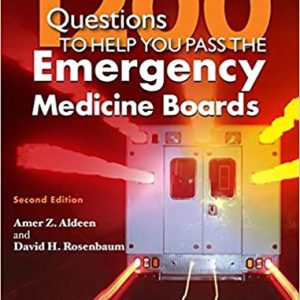
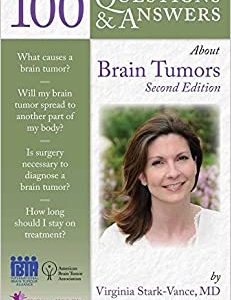
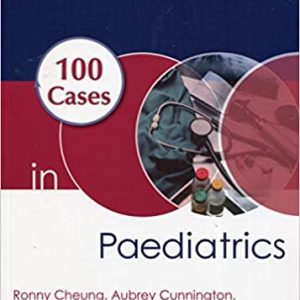
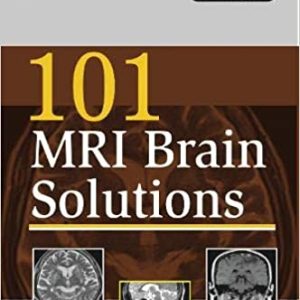
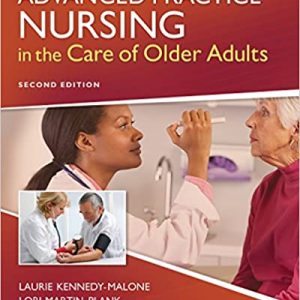
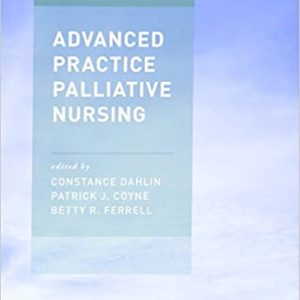
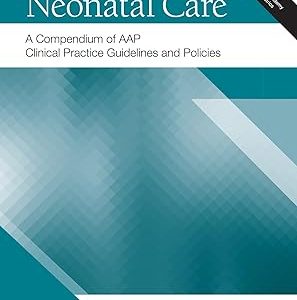
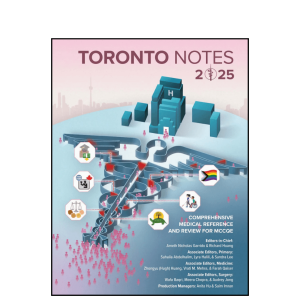


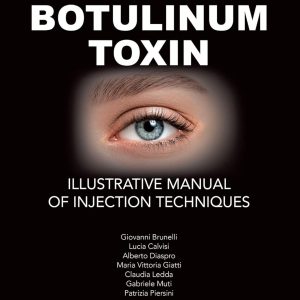
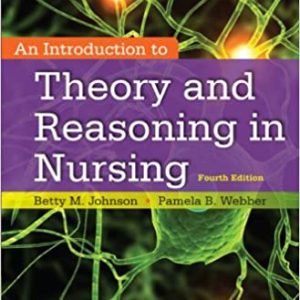
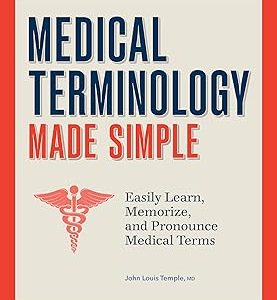

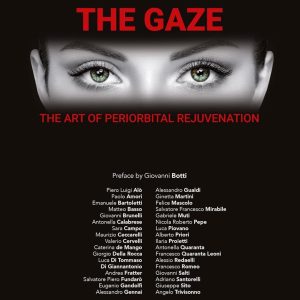
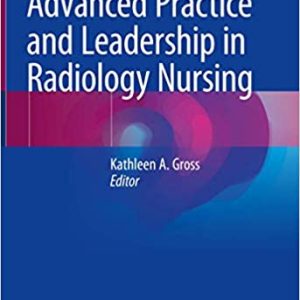
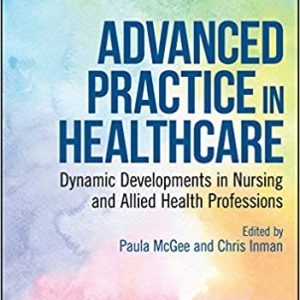

Reviews
There are no reviews yet.